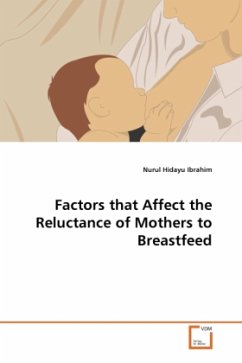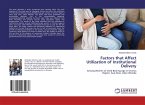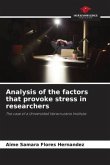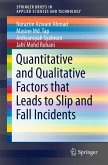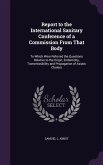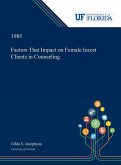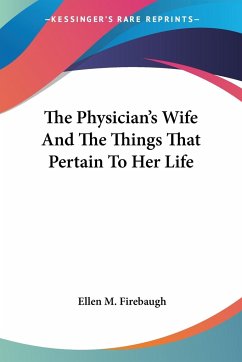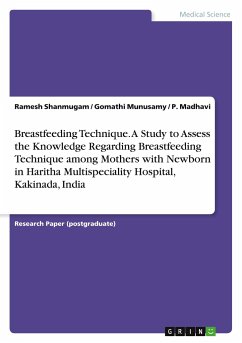Breastfeeding is a natural method of infant feeding. Substantial evidence can be found in the literature to show that exclusive breastfeeding provides numerous benefits over other methods of infant feeding. Despite a large body of evidence supporting breastfeeding as best for infants and mothers, rates still fall short of the Healthy People 2010 Goals. Objectives of this study were to determine the factors (socio-demographic data, prenatal breastfeeding prediction and breastfeeding experiences) that might affect the duration of breastfeeding, and its association with the duration of breastfeeding. A cross-sectional study was done on 59 post-natal mothers were recruited in 2 Topaz HUSM. Validated Breastfeeding Attrition Prediction Tool (BAPT) and Breastfeeding Experiences Scale (BES). Data was analyzed using simple logistic regression. In conclusion, there were no association between socio-demographic status, prenatal breastfeeding prediction and breastfeeding experiences. These results suggest for further study to be emphasized on the effectiveness of the breastfeeding education and the support from health professionals.
Bitte wählen Sie Ihr Anliegen aus.
Rechnungen
Retourenschein anfordern
Bestellstatus
Storno

